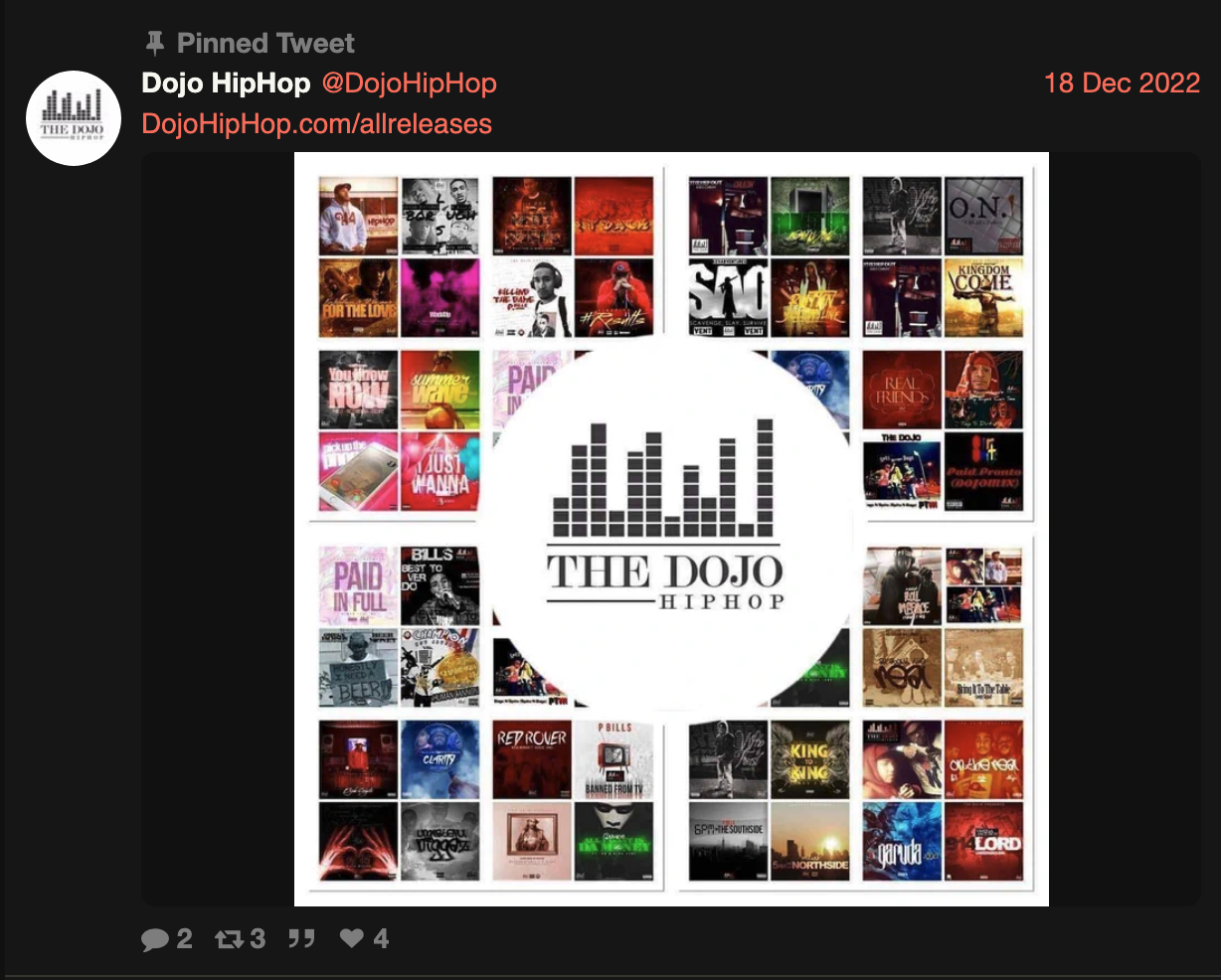Drake’s Spotify Scorpion Sting. Are Playlists The New Payola?

Less than one week ago, Drake released his fifth official album, Scorpion. A double-dose signaling Drake’s last release in his Young Money/Cash Money contract, the work involves JAY-Z, DJ Premier, Ty Dolla $ign, DJ Paul, and a posthumous vocal appearance from Michael Jackson. In several days, fans will learn if Drizzy has his eighth consecutive #1 release on the charts. The album is already platinum-certified and has set some new streaming records.
However, some of that streaming success has caused controversy. Spotify, who trailed Apple Music in posting last Friday’s album, has aggressively marketed Scorpion. At midnight June 29, Spotify’s “Browsing” homepage had a banner for Drake’s LP—despite not having the stream available for more than an hour into release day. Once it added in the early hours of Friday morning EST, fans noticed that Spotify seemed to give Aubrey Graham’s latest release an unheralded advantage.
DJ Premier Explains Why He Broke Two Of His Cardinal Rules To Work With Drake
According to Billboard, Spotify billed their release weekend as “Scorpion SZN.” With it, in addition to traditional banners, the streaming platform added inclusions from Drake’s 25 songs to various official playlists. While expected playlist destinations such as “Rap Caviar” (over 9.8 million followers), “Get Turnt” (4 million followers) and “Signed XOXO” (1.4 million followers) carried songs from the project, fans noticed an influx of Drake imaging elsewhere.
The Canadian MC/singer’s face and advertising for Scorpion appeared on “Best Of British” and “Massive Dance Hits” playlists, among others, even if his music was not part of the playlists. A Spotify rep told Billboard that this is the first time a single artist has taken over multiple platform playlists on the same day. “The campaign was intended to be a quirky celebration of Spotify’s top streaming artist, helping him to break the one-week U.S. streaming record in only three days and putting him on pace to [top the charts for albums]. But some subscribers online have been decrying the decision as an imposition of advertisements on what are supposed to be ad-free accounts, with a select number taking their complaints directly to the company with requests for refunds,” reports Colin Stutz.
Spotify Has Made A Loud Statement By Muting R. Kelly, But It’s A Dangerous Precedent.
In the report, Stutz points to at least one Reddit post author who claimed they received a refund for appealing to Spotify’s customer service department in frustration. Meanwhile, other subscribers claim the New York City-based company’s customer service center denied similar requests. The company confirmed to Billboard that no refund policy exists at present.
Playlists are essential drivers of streams on Spotify, as well as on Apple Music, Tidal, and other platforms. Earlier this year, Spotify, in particular, attempted to implement a moral stand by updating its policy toward “hate content and hateful conduct.” Specifically, the platform removed the music of two artists, R. Kelly and XXXTentacion (who was killed on June 18), from their official playlists. R. Kelly, convicted of battery from a 1996 incident but never found guilty of other widespread and recent charges of sexual misconduct and crimes. Meanwhile, the late Florida rapper was part of an ongoing trial surrounding domestic abuse against a pregnant woman. Both XXX’ and R. Kelly had been t “muted” on social media by fans charging that the onetime R&B superstar and #1 charting rapper should be punished. For Kelly, the muting was a reaction to numerous allegations of sexual abuse against women and underage girls. Meanwhile, Spotify did not punish the music of past convicted offenders of similar transgressions—including Tupac Shakur, Mötley Crüe’s Tommy Lee, and Chris Brown.
Top Dawg & Kendrick Lamar Challenged Spotify’s Censorship & Won
The policy, announced in May, was met with immediate backlash from high-ranking music industry officials. Specifically, Kendrick Lamar and TDE’s Anthony “Top Dawg” Tiffith threatened to pull their catalogs from the platform if the policy persisted. Spotify conceded and rescinded its plan.
Drake, who has previously partnered with Apple, may represent a new glitch in the music-cloud universe. While Billboard does not disclose if an advertising deal or partnership was struck between Spotify and Drake (or any of his labels), the advantage of such takeovers rivals a criticism similar to that in radio.
Chuck D Tells Kool Moe Dee That Spike Lee Did For Public Enemy What Radio Wouldn’t (Video)
Since the 1950s, legendary DJs including Frankie Crocker, Alan Freed, and Dick Clark were accused in payola scandals. Investigated by the US Senate, Clark was forced to sell his interests in music publishing and labels to maintain his posts at radio. Freed, who was discovered to have accepted payments from labels and promoters—in addition to receiving songwriting credits on would-be hits such as Chuck Berry’s “Maybellene,” lost his position at New York City’s WABC for the infraction. Crocker’s 1976 investigation was overturned. He would return to New York’s WBLS afterward and eventually move to a career as an early VJ.
Under routine investigation, record labels such as Sony BMG, Universal Music Group, and Warner Music have been previously fined for pay-for-play practices deemed unsanctioned. The controversial approach to the market compromised perceptions that DJs played what they and their listeners wanted to hear, and that anybody had a chance, given talent and listener demand.
LL Cool J Couldn’t Live Without His Radio. Now He’s Getting His Own Station.
Previously, Spotify has been transparent about its “sponsored” program. Late last year, TechCrunch reported how labels could soon advertise songs in playlists. Users were given an opt-out option for these sponsored tracks. The program also only applied to non-paying Spotify users, who were subjected to the ad-based free version of the platform.
Go to Source
Author: Bandini
Powered by WPeMatico


